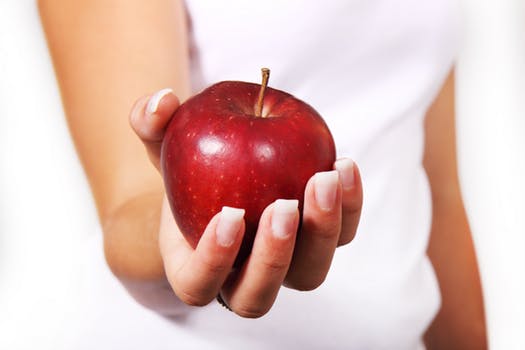Salience Bias, or Why it's Okay to Eat the Apple
Apples: they’re full of fiber, antioxidants, and vitamins.
And yet, if your young child scored a homemade candy apple while Trick-or-Treating,
there’s a chance you’d be telling them to discard that fruit at first
opportunity. After all, remember that news story about malevolent weirdos
hiding razor blades in their Halloween apples? Surely that’s important to keep
in mind here.
Salience bias is the human tendency to evaluate situations
based on the information available to us, regardless of how relevant that
information may or may not be. What is the actual statistical likelihood that
somebody in your neighborhood wanted so badly to hurt children that they
inserted blades into a bunch of apples? (Keep in mind: basically every reported instance of adulterated Halloween candy has been a hoax, and no serious injuries have ever been reported.) By the numbers, it’s staggeringly more
likely that your child would just enjoy a sweet, crunchy snack. But with that
razor blade story weighing on your mind, it certainly seems like a useful data
point to take into account when making your decision.
In a classic study in the seventies, two volunteers had a conversation,
surrounded by a circle of observers. These observers were later asked to
attribute the cause of various incidents to one talker or the other. By and
large, the observers were more likely to point to whichever person whose face they
could see better. By virtue of having a piece of information, that nugget feels
important.
We see this in action all the time. It’s the reason you have
to take off your shoes in the airport; after all, what about that Shoe Bomber
story from a while back? That memorable example has had an outsized effect on how
the TSA views shoes, even though logically, it seems unlikely that another
terrorist is lying in wait for the day they can commit the exact same footwear-based
attack. Shedding and scanning our shoes doesn’t make us safer; at best, it may briefly
create an illusion of safety. ‘Precautions are being taken,’ we can tell
ourselves, blithely ignoring any other, likelier sources of danger.
And here we see how the salience bias can have implications
beyond just what Halloween treats your kid gets to take home. Operating under
such false heuristics can severely distort the way we see—and respond to—the world.
So next Halloween season, remember salience bias, and go
ahead: take a bite.
Check out Robb’s new book and more
content at www.bestmindframe.com.





Comments
Post a Comment